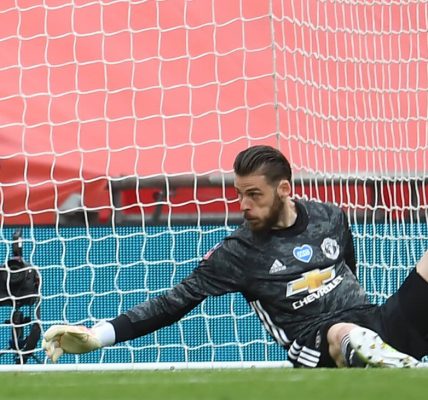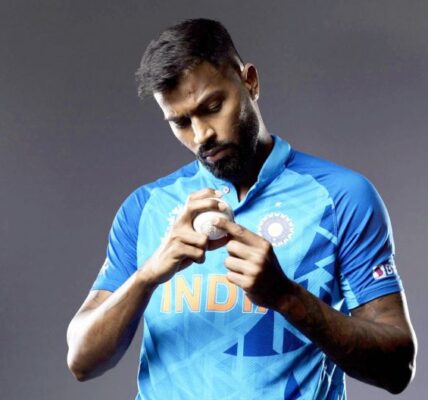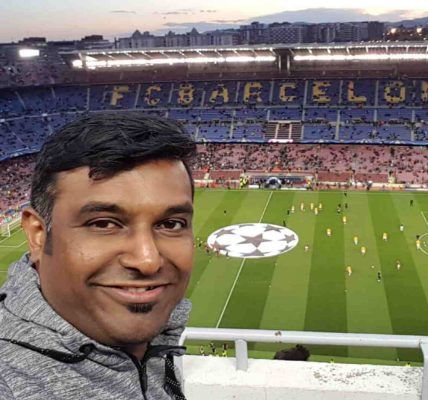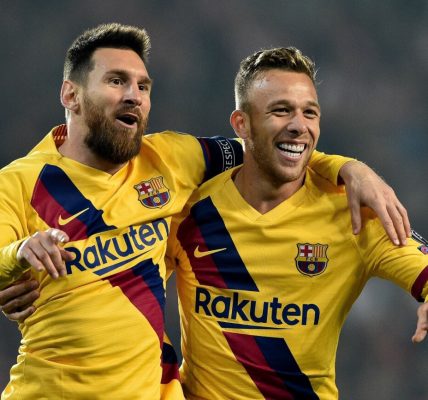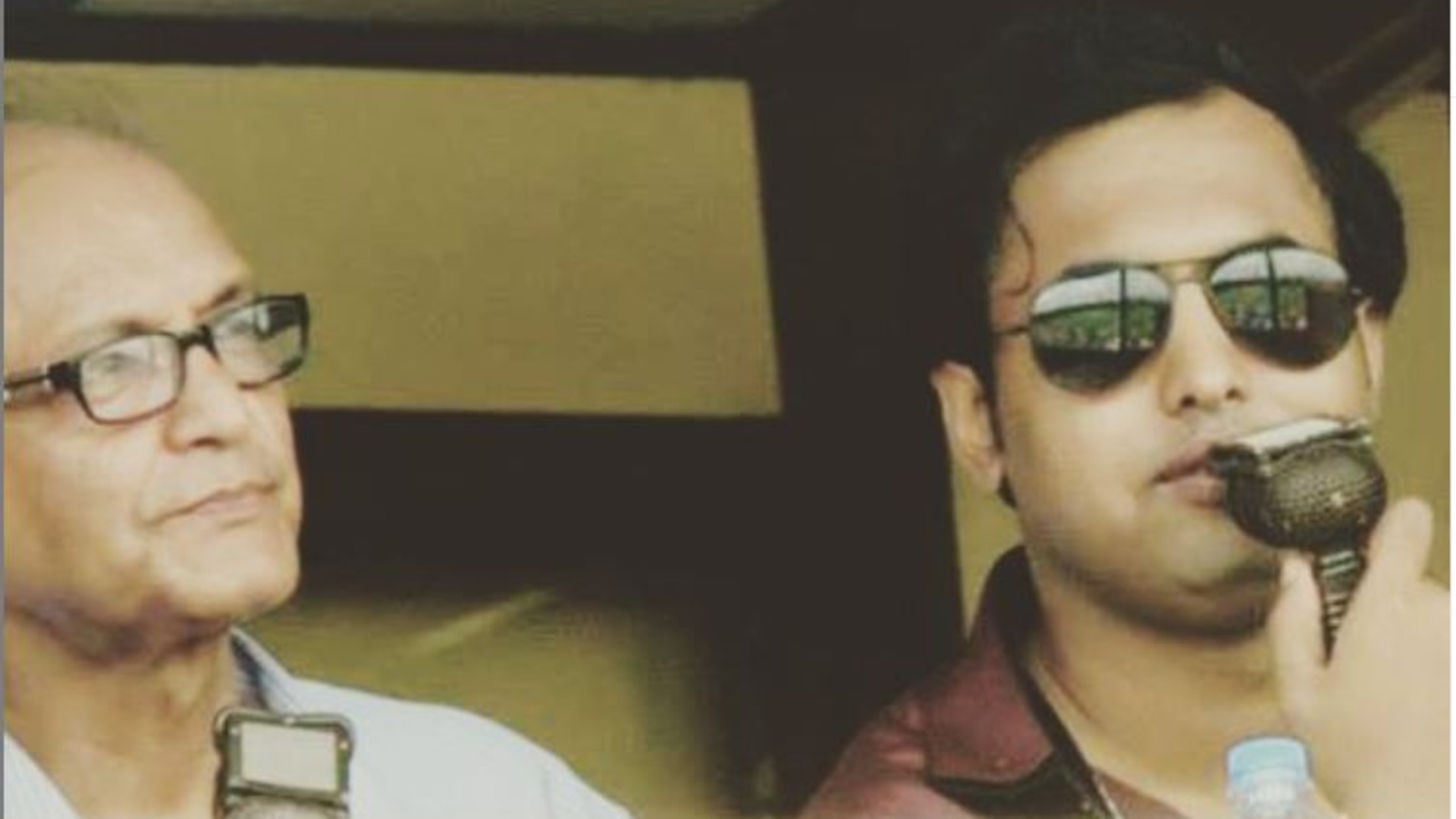
Martin Tyler and John Helm are two of the most popular commentators in the world of sports. Their ability to leave the fans enchanted with impressively articulate baritone, smooth delivery, and a distinct style, has resulted in a massive fan following across the world. While it is incredibly difficult to match up to their level of expertise, there is a commentator who has managed to carve quite a glorious reputation in Indian football. He is none other than Suman Chakraborty, considered the ‘Golden Voice’ of Indian football.
Chakraborty is the only FIFA-recognised commentator in the nation’s footballing ecosystem. He shared quite a few insights about the journey so far, from the immense struggle while making his way up to the dizzying heights of success achieved. Chakraborty further opened up about the one dream that remains unfulfilled despite it all, in a freewheeling chat with Sportsjuana.
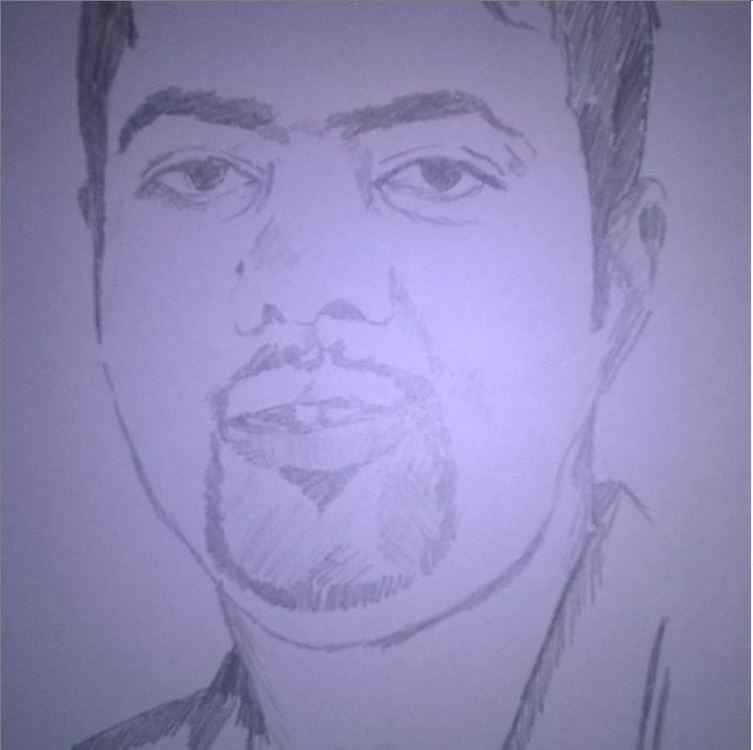
Q: Tell us a bit about your childhood? Which were the sports that you liked to play as a child?
A. First of all, thank you for inviting me for this interaction. I loved playing sports and enjoyed complete support from my parents, which was quite a blessing in our part of the world where studies dominate focus. Initially, I used to play both cricket and football, as is the case with a lot of kids growing up. My father was a former national-level footballer, which certainly played a key role in my love for the game. He used to represent the West Bengal police team and was a part of the setup for nearly 7 years in the All India Football Championship. I still hear from his friends about the manner in which he made his presence felt against the best in the business like IM Vijayan. While I did play district-level and subdivision-level cricket, football was always the first choice.
Q. Any memorable memories from your childhood which you look back upon fondly?
A. There are many actually. It’s difficult to point one out, but here’s an interesting memory. We have a beautiful lawn in front of my house, which witnessed a lot of games during my school days. The end of each day’s play saw at least one glass broken. We also had to be careful about not hitting the ball towards a particular building, because the landlord did not like giving the ball back. A discussion used to break out every single time, over the person expected to go and negotiate for the ball. The best part about those days was that everything and everyone was very simple. The company I enjoyed was truly mesmerizing.
Q. How did your love for football slowly tilt from being a fan to a commentator?
A. I distinctly remember watching a Premier League encounter between Manchester United and Sheffield United in the year 1998. The Red Devils were playing some beautiful football, which marked the beginning of my journey as a supporter of the club. John Helm was one of the commentators, with his beautiful style leaving me amazed. I simply wanted to listen to his voice rather than watching the game. That spurred a desire to become a commentator, considering the impact it can have on the audience. I am lucky enough to be groomed by Helm himself, who guided me a lot with regard to discovering my capabilities. We share a beautiful relationship.
Q. What was the reaction of your family when you expressed a desire to become a commentator?
A. My family never tried to force their opinion or choices on me. I have always enjoyed the freedom to pursue my desires to the core. Commentary is my passion and they recognised that, permitting me the luxury of chasing my dream. While I could have well earned a role as a government employee having gained the educational qualifications, anything other than commentary would have been going against my heart. It has all paid off for sure. The whole country recognises me currently, and a major factor behind this is my role as a commentator.
Q. Which was the first match that marked your involvement as a commentator?
A. The visuals are fresh in my mind. Game was between Salgaocar FC and Bengaluru FC, on 28th December in 2014 at the Tilak Maidan in Vasco da Gama, Goa. The tournament was none other than the Federation Cup. My co-commentator was Novy Kapadia. The story behind my maiden stint in the commentary box is quite interesting. I was at The Oberoi in Mumbai when news trickled in that Ten Sports was conducting an audition for the commentary box.
Had grown up watching the sports channel, which made getting an opportunity all the more special. I was lucky to get encouragement from a few friends who backed me to give it a shot. They termed it as a life-changing opportunity, with success capable of giving me a chance to live my dream. I was simply celebrating Christmas when suddenly a call came up, informing me about my selection. My dad was was absolutely elated. That is the happiest day of my life and I was on cloud nine. Have never looked back ever since. However, I will never forget the struggle till that stage as well.
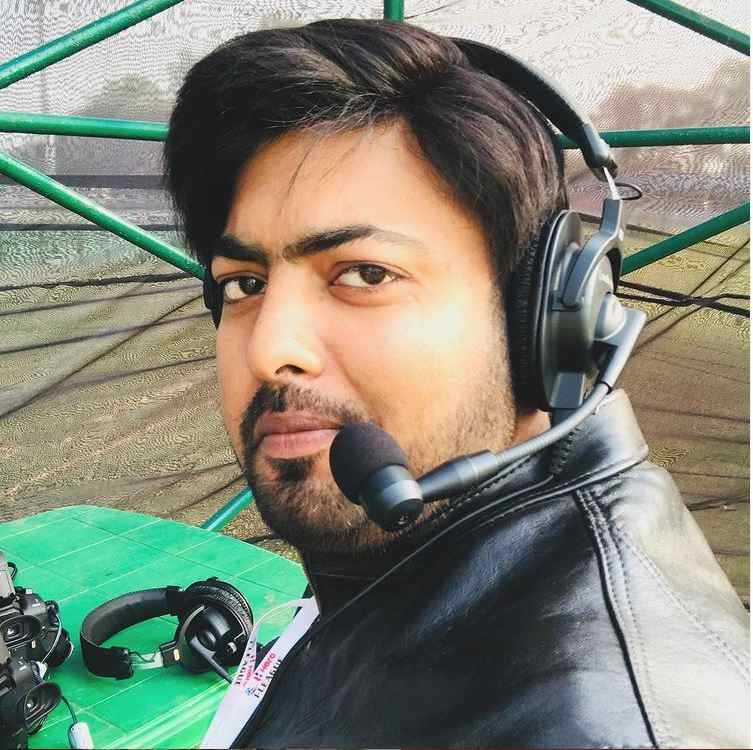
Q. Can you take us through your struggle?
A. My days as a sports journalist before becoming a commentator were pathetic. It was literally torture. I still remember the first game which I was asked to cover outside Kolkata. The game was in Goa, and while a basic ticket was purchased, only Rs 5,000 was provided for meeting expenditure including the hotel tariff. Being the only journalist, I had to carry a lot of stuff which included a heavy camera. The company had not even booked a hotel room for my stay. It was Christmas, which certainly resulted in supremely high tariffs. All the expenditure was being borne out of my own pocket. I have never taken a single penny from my parents for official purposes. Having booked a basic hotel, I used to wake up and work the whole day with hardly 2 to 3 hours of sleep. There was no money even to have basic food.
The company further informed me all of a sudden that my assignment was over, with instructions to leave for Kolkata. With around 500 rupees left, I purchased a general class ticket from Vasco railway station. A friend guided me over the train to be boarded in order to reach Howrah. The time stated was 1.15 PM. However, when I reached, there was no train visible with onlookers stating that the train had left. It was horrible. My parents could not contact me as my phone did not have charge. With a troubled mindset, I purchased a few bananas and a bottle of water, waiting for the next train which was expected to come at 2.45 AM the next morning.
However, the onlookers were fortunately wrong and the train presumed to have left, arrived soon enough having been delayed. I told the TC that I was a journalist and had gone to Goa to cover a tournament, going on to request some assistance. He expressed helplessness as there were 500 people in the waiting list, asking me to sit next to the washroom. There was urine seeping out, making the overall experience a traumatic one. The same resulted in me turning sick after returning to Kolkata, with vomiting at regular intervals. Perhaps those tough days is when I learned my lessons.
Q. Did you feel the urge to give up your dream and pursue a regular 9 to 5 job after this horrific experience?
A. After returning back, my father asked me to give up the job. I did not, taking up the tough situations as a challenge. Even on the day of the first ISL final, our railway ticket for the journey back home was not confirmed. Fortunately, I was accompanied by a cameraman which was a source of great solace. We were wondering where to hide as the TC was throwing out everyone who did not have a confirmed ticket.
After giving 1,200 rupees to the attendant, we were provided a chance to spend the journey in a small room where pillows are kept. We somehow closed the door, opening and closing at regular intervals due to the lack of oxygen. Soon after that, I received my first opportunity as a commentator. Just seven days later, I started living in five-star hotels, traveling on flights. Have never traveled in a train for an assignment ever since. I have received such level of success that cars are kept waiting so that I can reach the next venue for a commentary stint as soon as possible. You have to hang on and keep striving. There might be a breakthrough around the corner.
I have also experienced bias and favoritism at one stage. A leading TV channel had obtained the rights for the broadcast of the Calcutta Football League, resulting in a hunt for commentators. There were 70 candidates, with me handed a shot at the role at the very end, despite being in the office since 9 in the morning. They clearly did not want me to succeed. My doubts were confirmed on being asked to make a 30-second clip involving basic passes by defenders an interesting one. I was flabbergasted and dumbfounded at the level of bias.
Q. What are the vital aspects that a commentator should be supremely careful about?
A. Your accent should be absolutely clear. At the same time, it is important to have a beautiful voice. You have to be supremely clear with what you are saying, ensuring equal importance to every letter, every pronunciation. I have been very passionate about learning new words since my school days. Basically, I have a penchant for learning, the original pronunciation of a particular word. When I was in college, professor Nandini Ma’am provided constant encouragement with regard to developing pronunciation. And that kind of backing always used to encourage me. When I became a commentator, I have always tried to improve my accent, vocabulary, pronunciation, so you can only get better. I still have to learn more things because English is not my mother tongue. I’ll keep on doing that.
Q. What is the secret to your glorious voice?
A. You may laugh about this, but I am absolutely serious. Whenever I am in Kolkata and expected to commentate on a particular encounter, I head down to the nearest sweet shop and eat a Rasgulla. The syrup helps clear my voice. Mr Helm believes in taking one mug of liquidity, which means red tea or black tea, along with a slice of butter. It depends from person to person. The most important aspect in becoming a commentator lies in the voice. If you don’t have a good voice, it might seem a bit gruff. You also need to understand the game beautifully.
Q. How important is it to be neutral as a commentator?
A. You have to be very honest and neutral about the commentary at every stage. There might be pressure from broadcasters, but you must remain firm. You have to be very honest about what you’re witnessing. If it’s a dull game, attempt to cover the same aspect in a positive manner so that people are entertained. As a commentator, you will forever need to be neutral in your opinion. Fans of both teams are expecting a neutral perspective, which is an opportunity for you to deliver. I often receive calls from fans of SC East Bengal and ATK Mohun Bagan complaining about bias for the other, which assures me that I am going in the right direction.
Q. How do you go about working on your skills to maintain the levels of excellence?
A.There are so many commentators who try to give rest to their voice and are very choosy about covering matches. However, I have always attempted to avoid such a mentality. There are numerous days where I have commentated on six to seven matches in a day. One should try to test their skills in games involving unknown teams, as such matches don’t involve the presence of a monitor in front.
It gives you a lot of motion and improves your vision. There are numerous commentators who struggle to maintain the tempo after 60 minutes are done and dusted. For me, it’s very easy as I enjoy the experience of commentating in seven matches on the trot. There is also an emphasis on constant review by listening to previous commentary sessions. I read the newspapers on a daily basis to stay updated. We have access to so many top portals which cover the news nowadays. I read out all the details and take notes from them. Preparation is the key to success in the commentary box.
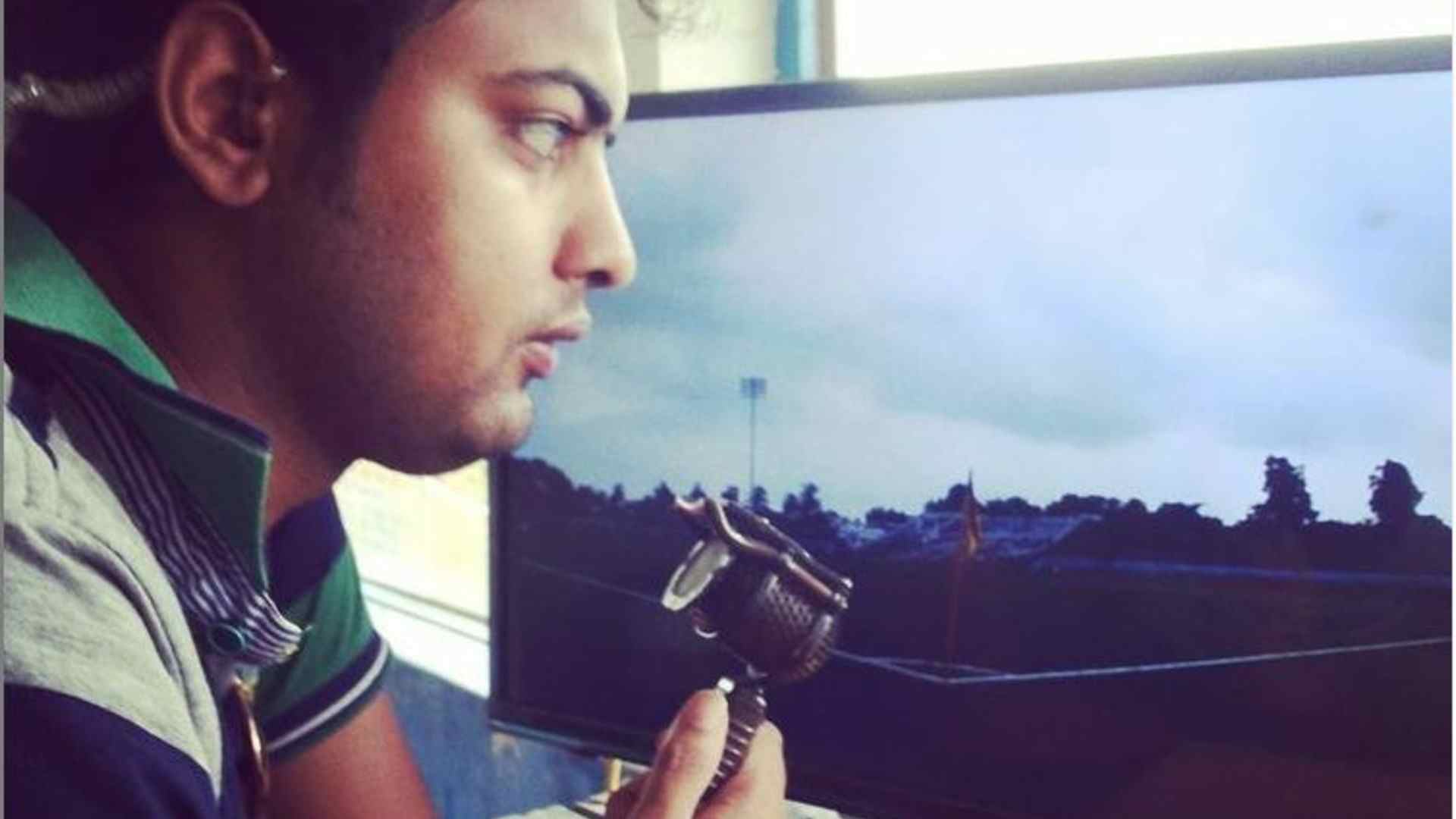
Q. What is your opinion on the future of Indian football?
A. Indian football is going to grow at a rapid pace with ISL developing in popularity. Earlier, hardly any TV channel barring DD Sports used to broadcast the match. Things have changed. Indian footballers are also steadily developing in quality, with the likes of Robert Pires, Roberto Carlos, Luis Garcia helping them gain further confidence. Nowadays when an Indian lad takes on a European footballer, they are confident about making their presence felt. It’s a massive positive. Speaking of ISL, I remember an experience shared with Fikru Teferra. We took him to the hospital before the semi-finals of the first edition, and he left the nurses exasperated with his childishness.
Q. What are the untold truths about the life of a commentator?
A. Loneliness is an undeniable aspect of our lives. Harsha Bhogle had recently discussed the same. However, we cannot complain at any stage, irrespective of the situation. It is further very easy to criticize a commentator. Everyone has some kind of a statement in store as a response, for some reaction. You simply need to filter out the information and move on. We are humans and can make mistakes.
Q. How satisfied are you with your journey so far having worked with reputed channels like Ten Sports, Sony Six, Jalsha Movies?
A. In the last seven years, I have been involved as a commentator in around 1,000 matches which includes domestic, international and grassroot level encounters. I believe nobody in India has done that. Commentary and constant involvement in the glorious game is something I love. However, my dream is to commentate in India’s maiden World Cup match. That is the only desire which remains unfulfilled.


